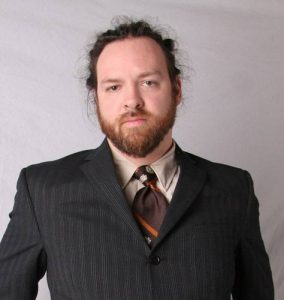Halloween is one of the most contentious days of the year for Christians, with some seeing no problem with their children participating while others shun what they consider a demonic holiday. To trick or treat is the question many parents ask.
Nathan Finocho, an author and pastor at Hillsong, shared his 10 reasons why Christian parents should allow their kids to trick or treat:
- Don’t instill fear of the world.
- Don’t teach them that the world has more fun.
- Don’t teach them superstition.
- Don’t teach them isolationism.
- Don’t teach them a lack of faith.
- Teach them common grace – candy is from God and that to the pure, all things are pure.
- Teach them the redemptive motif – that we reinterpret culture and give it a new meaning.
- Teach them that the demonic works by willful agreement, not accidental consumption.
- Teach them in but not of, not out and not of.
- Critique loudly what you see as you walk. Make them brave and discerning, not scared and superstitious
Finochio pointed out that while there is nothing wrong with celebrating Halloween, it’s the role of a parent to properly teach their children about things like Halloween because spiritual darkness is real and ever present.
“There is spiritual darkness surrounding everything,” he said. “Films, books, politics, and yes, even Christian holidays like Christmas and Easter. I think humanity is fascinated with the afterlife, with death, with good and evil. And Halloween is a cultural recognition, a sort of strange negotiation with some of these concepts.”
He pointed out that while there are still witches, warlocks, and pagans that consider Halloween a high festival, Christians took power away from the dark even ages ago.
“This is their last stand, and we actually took it from them a long time ago,” he said. “In the British Isles, it is known that churches were already celebrating All Saints on 1 November at the beginning of the 8th century to coincide with or replace the Celtic festival of Samhain.
“Pope Gregory III made All Saints Day official in 837 by appointing November 1st as the official day,” he added, “but many historians believe it was just to recognize what was happening in Northern Europe (the Germanies and Britain) with respect to reinterpreting a pagan holiday.”
Finochio pointed out that it is also important for parents to teach their children the history of different holidays, and the real evil that takes place in the world.
“Kids don’t learn because parents don’t talk,” he said. “All of life should be a running commentary for the Christian parent.”
–Alan Goforth | Metro Voice
 Metro Voice News Celebrating Faith, Family & Community
Metro Voice News Celebrating Faith, Family & Community









